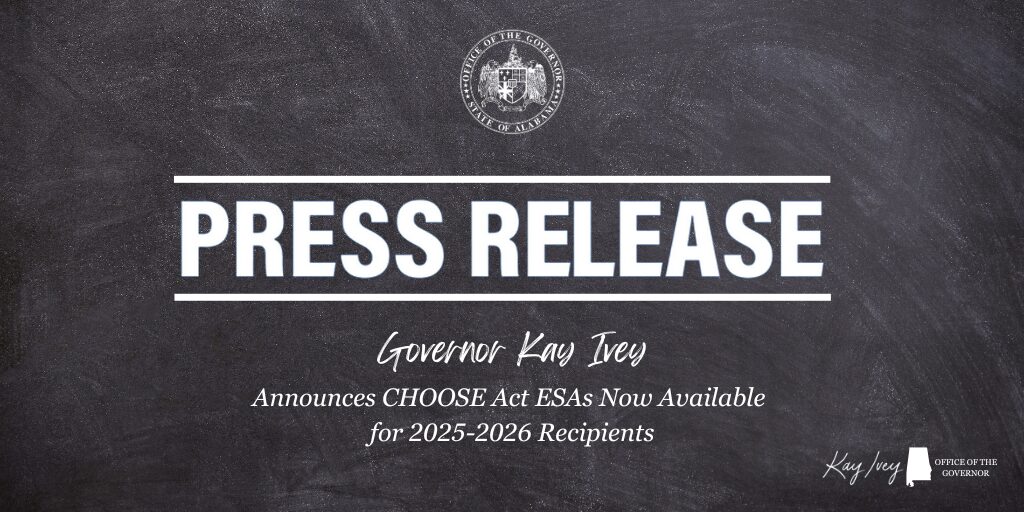 Daylight Savings 2023: When does Daylight Saving Time end and clocks ‘Fall Back’ this year?
Daylight Savings 2023: When does Daylight Saving Time end and clocks ‘Fall Back’ this year?
College football is on TV – and Halloween decorations are out in stores.
What’s next? How about a time change?
The end of Daylight Savings Time is around 10 weeks away, and officially ends at 2:00am, Sunday, November 5th (2023) – when clocks “Fall Back” one hour and we move more daylight into the morning hours for what’s known as “standard time.”
The amount of daylight will continue to drop on a daily basis – until December 21st – when the Winter Solstice arrives, and the amount of daylight shifts again.
We will be living with dark afternoons until March 10, 2024 when DST starts again. It will end on Nov. 3, 2024.
Under federal law, Daylight Saving Time (DST), officially begins the second Sunday in March and runs through the first Sunday in November.
It’s not observed everywhere, though. Parts of Arizona, Hawaii, and even some U.S. territories, including Puerto Rico, American Samoa, Guam and the U.S. Virgin Islands do not observe DST.
According to the Farmer’s Almanac, Daylight Saving Time (DST) was inspired by Benjamin Franklin’s “An Economical Project,” – a satirical piece written in 1784.
A more serious take on DST picked up steam during World War I when Germans adopted similar measures to help with the war effort. The U.S. soon followed but repealed the law after the war ended – only to see it reestablished by Congress – during World War II due to enormous energy consumption.
That time change became law in 1966 – when President Lyndon Johnson signed the Uniform Time Act, establishing the start and end times within standard time zones. The policy, regulated by the Department of Transportation, aims to save energy, reduce traffic fatalities, and also help reduce crime.
In 1973 President Richard Nixon signed into law the Emergency Daylight Saving Time Energy Conservation Act which made DST permanent in the U.
S. In 2005, the Uniform Time Act tweaked that schedule by setting the start of DST to the second Sunday of March and the end on the first Sunday of November lengthening the duration of DST.




